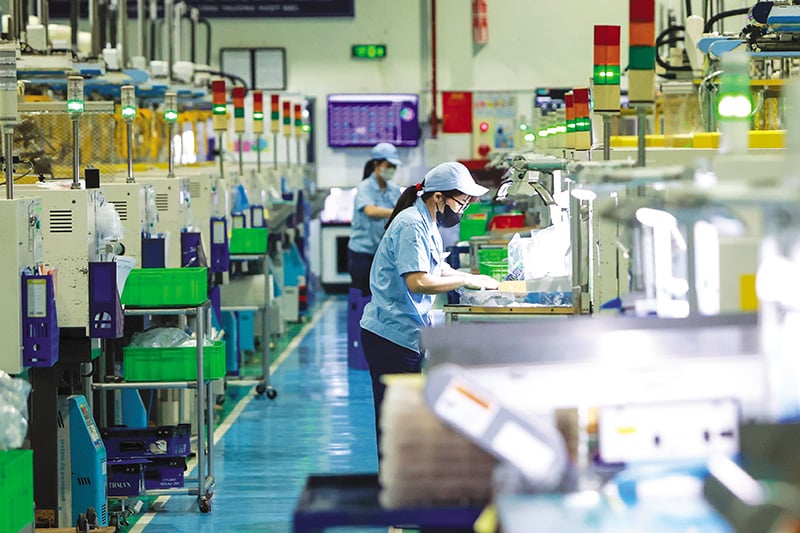 |
| Vietnam has clear advantages in production and attracting FDI capital compared to other countries in the region. Photo: Duc Thanh |
Does reciprocal tax affect FDI in Vietnam?
A question that has been raised over the past time is whether the US tariff policy will affect the flow of foreign direct investment (FDI) into Vietnam. The answer has been proven by the figure of more than 24.1 billion USD in registered capital, an increase of 27.3% and 13.6 billion USD in disbursed capital, an increase of 8.4% over the same period in 2024, according to data from the Foreign Investment Agency ( Ministry of Finance ).
“FDI capital flows into Vietnam are still very positive, despite adverse external impacts,” Finance Minister Nguyen Van Thang has repeatedly affirmed. The Minister emphasized that Vietnam is still an attractive destination for international investment capital, thanks to its appropriate FDI attraction strategy, stable political situation, high position, favorable investment environment, etc.
However, the impact is inevitable when the US imposes reciprocal tariffs on many countries, including Vietnam. According to the announcement, the reciprocal tariff that the US applies to Vietnam is 20%; to some countries such as Indonesia, Thailand, Malaysia... is 19%; to Korea, Japan is 15%; to India is 25%...
“In the current global economic context, geopolitical and global policy risks remain. Trade defense measures, especially the US’s official imposition of a 20% reciprocal tax on a number of exports from Vietnam, will continue to pose risks affecting FDI flows and bilateral trade,” the Foreign Investment Agency said in its latest report on Vietnam’s FDI attraction.
In fact, although FDI capital into Vietnam is accelerating, it is not without its impacts. Recently, there has been a lack of large-scale, high-tech projects being "finalized". Newly registered capital in general has not improved. Statistics show that in July 2025, there were 266 new investment projects, with a total newly registered capital of 743.9 million USD, down 67.3% compared to June. In the first 7 months, newly registered capital reached over 10 billion USD, down 11.1% compared to the same period.
However, the Foreign Investment Agency also said that, compared to the previously proposed tax rate (46%), maintaining the 20% tax rate is a "softening" move, helping to avoid widespread negative impacts and stabilize the psychology of international investors.
Still an ideal destination for investment
In the context of global geopolitical instability and the US imposing reciprocal taxes, competition to attract FDI will be fiercer. However, in a recent report, experts from Vietcombank Securities Company (VCBS) said that Vietnam's reciprocal tax rate is lower than that of some Asian countries such as Brunei (25%), India (25%) and in comparison, Vietnam still possesses "more outstanding strengths" than these countries.
Even compared to some countries in the region such as Thailand, Cambodia, Indonesia, Malaysia (tax rate of 19%), VCBS also assessed that this difference is very low.
“Vietnam still has clear advantages in production and attracting FDI capital compared to other countries in the region. VCBS expects that Vietnam still has the opportunity to stand out as an ideal destination for investment and production and business activities, consolidating its position in the global supply chain,” VCBS experts commented.
The concern, according to VCBS, is the risk related to tax rates on transit goods. Regarding this issue, EuroCham in its recent report on 5 years of implementing EVFTA also emphasized the ambiguity of the concept of “transit goods” set forth by the US.
This will affect trade flows and possibly investment flows into Vietnam. Increasing the localization rate and supply chain transparency are solutions proposed to minimize risks, not only for trade in goods, but also in attracting FDI.
Despite certain risks, assessments are unanimous: Vietnam is a safe and attractive destination. Another plus point can be recorded when Vietnam officially implements the 2-tier local government model from July 1, 2025. According to the Foreign Investment Agency, this mechanism contributes to clearly defining the functions and tasks between government levels, improving management capacity, policy response and supporting investors more effectively. "This is expected to be a strong reform push, strengthening the confidence of the foreign investor community in the context of the global investment environment continuing to fluctuate unpredictably," the leader of the Foreign Investment Agency emphasized.
From another perspective, it can be seen that diplomatic activities are also contributing to promoting foreign investment flows into Vietnam. An example is during General Secretary To Lam's visit to Korea, when the two sides issued a Joint Statement to deepen the Vietnam - Korea Comprehensive Strategic Partnership, one of the contents emphasized was investment cooperation. Accordingly, the two sides agreed to actively encourage Korean enterprises to make new investments and expand their investment scale in Vietnam, especially prioritizing the implementation of fields such as building specialized industrial parks based on high technology, digital industries such as AI, semiconductors, infrastructure development, renewable energy, smart cities, global value chains, etc.
This important move will contribute significantly to promoting investment flows, especially projects in strategic industrial sectors such as semiconductors and energy from Korea to Vietnam. As investment flows from Korea accelerate, FDI capital into Vietnam will continue to increase strongly.
“A number of FDI enterprises have taken advantage of the opportunity to accelerate investment in expanding production in Vietnam, in order to increase the localization rate, meet the requirements on goods origin and limit the risk of high taxes in the future. This is a positive signal for the strategy of selectively attracting FDI, focusing on value-added industries, high technology and sustainable production,” the Foreign Investment Agency commented.
Source: https://baodautu.vn/viet-nam-van-la-diem-den-ly-tuong-de-dau-tu-d357373.html



![[Photo] Politburo works with the Standing Committee of Cao Bang Provincial Party Committee and Hue City Party Committee](https://vphoto.vietnam.vn/thumb/1200x675/vietnam/resource/IMAGE/2025/8/28/fee8a847b1ff45188749eb0299c512b2)
![[Photo] Red flag with yellow star flutters in France on National Day September 2](https://vphoto.vietnam.vn/thumb/1200x675/vietnam/resource/IMAGE/2025/8/28/f6fc12215220488bb859230b86b9cc12)

![[Photo] National Assembly Chairman Tran Thanh Man holds talks with New Zealand Parliament Chairman](https://vphoto.vietnam.vn/thumb/1200x675/vietnam/resource/IMAGE/2025/8/28/c90fcbe09a1d4a028b7623ae366b741d)
![[Photo] General Secretary To Lam presents the 45-year Party membership badge to comrade Phan Dinh Trac](https://vphoto.vietnam.vn/thumb/1200x675/vietnam/resource/IMAGE/2025/8/28/e2f08c400e504e38ac694bc6142ac331)
![[Photo] General Secretary To Lam attends the opening ceremony of the National Achievements Exhibition](https://vphoto.vietnam.vn/thumb/1200x675/vietnam/resource/IMAGE/2025/8/28/d371751d37634474bb3d91c6f701be7f)
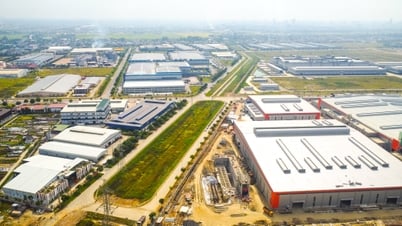

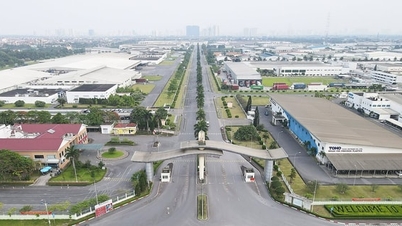

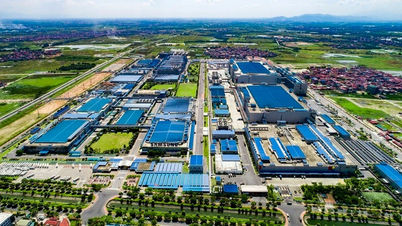




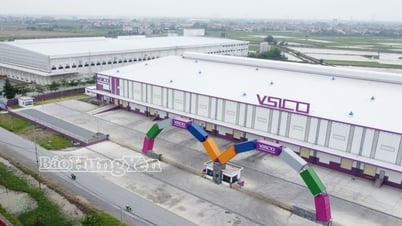

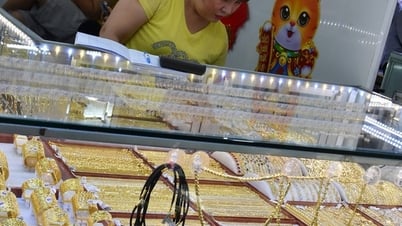

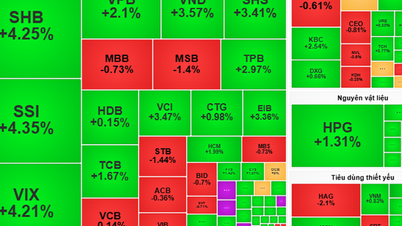










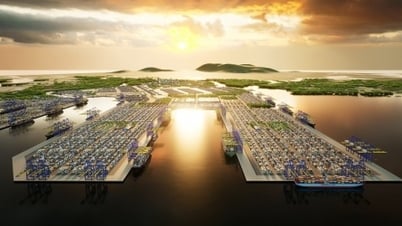
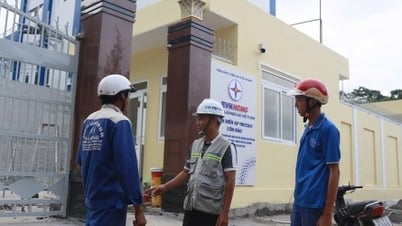




























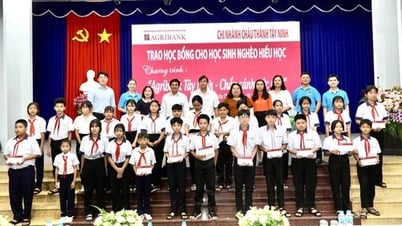



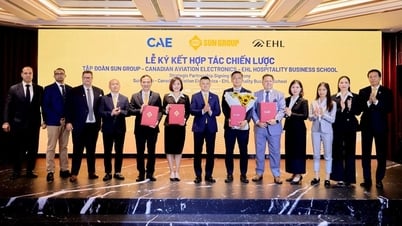








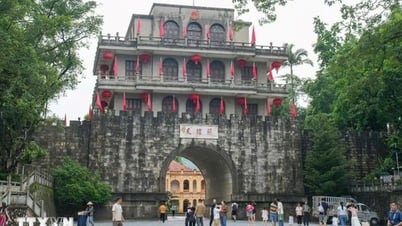




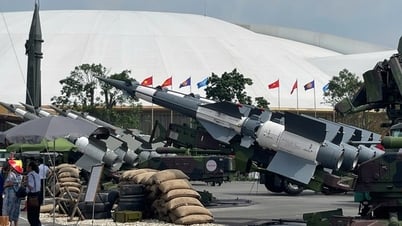



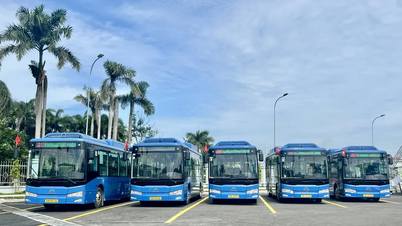
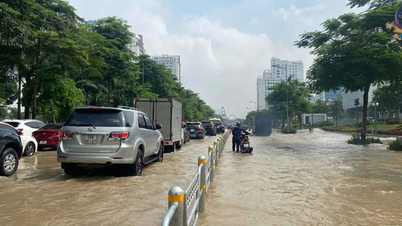
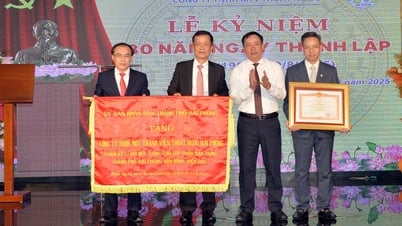

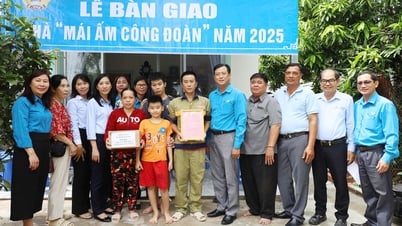
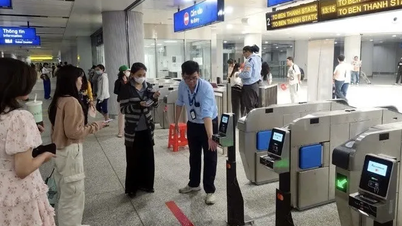












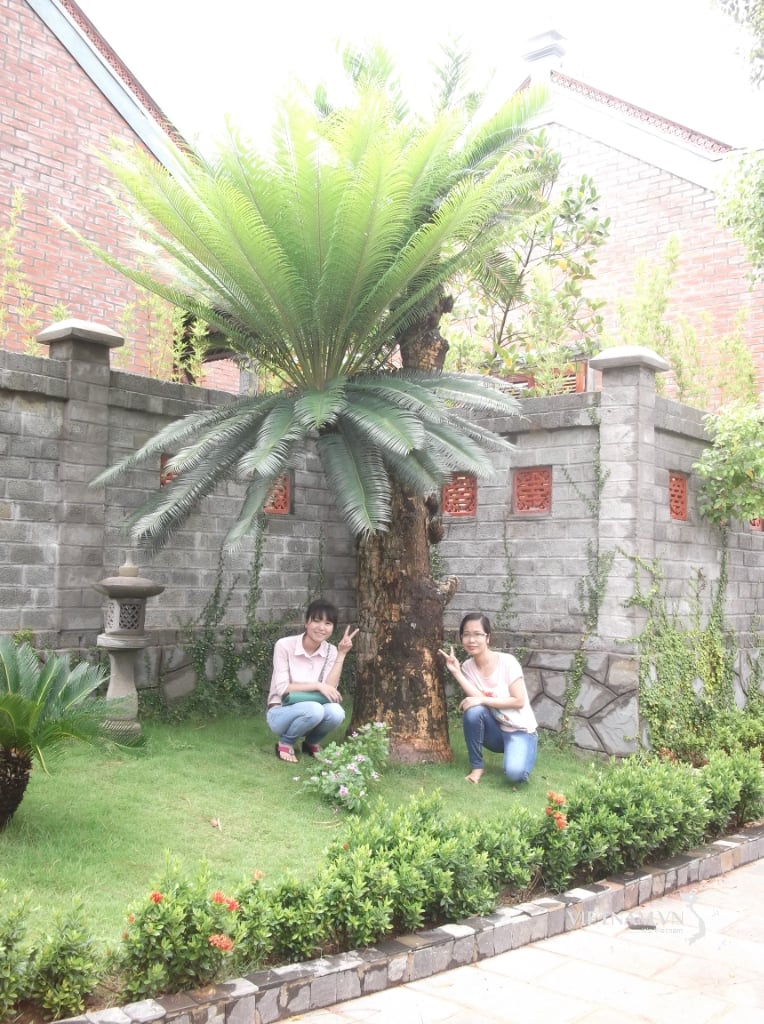


Comment (0)